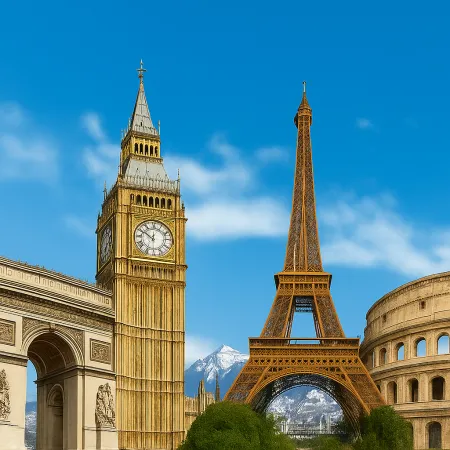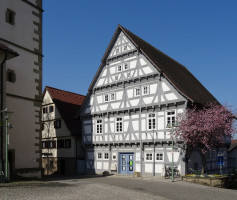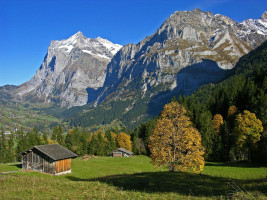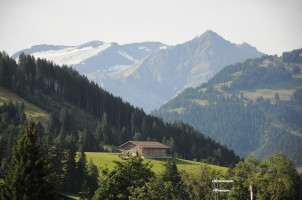
EUROPE
Package
75000 to 150000
75000 to 150000
Duration
14 to 30 Days
14 to 30 Days
Theme
Hill Station, Adventure, Heritage
Hill Station, Adventure, Heritage
Europe Travel Guide
Europe, known for its rich history, diverse geography, and cultural significance, is a continent that has been a hub of civilization for centuries. From the majestic castles of the medieval era to the modern architectural wonders, Europe offers a blend of the past and the present. Famous for its art, cuisine, and picturesque landscapes, Europe attracts millions of tourists each year seeking to explore its beauty.
Top Attractions in Europe
- The Eiffel Tower in Paris, France
- The Colosseum in Rome, Italy
- The Acropolis in Athens, Greece
- The *Northern Lights in Iceland
- The *Swiss Alps in Switzerland
Europe is Famous for
Europe is most famous for its historical landmarks, art museums, and vibrant cultural festivals that showcase its rich heritage.Top Attractions in Europe
- Exploring the charming streets of Venice, Italy
- Admiring the beauty of the fjords in Norway
- Visiting the historic sites of London, England
- Indulging in the culinary delights of Spain
- Relaxing on the beaches of Greece
What's Great about Travelling to Europe?
- *Rich cultural experiences - *Diverse landscapes to explore - *Historical sites and landmarks to visitWhat's Not So Great about Travelling Europe?
- *Crowded tourist spots - *Language barriers in some regions - *High cost of living in certain countriesTravel Tips for Europe
- *Check visa requirements for each country
- *Use public transportation for cost-effective travel
- *Be cautious of pickpockets in crowded areas
Important Europe trip information
- Ideal Duration: 2-4 weeks to explore major attractions
- Best Time to Visit: Spring and fall for pleasant weather
- Nearby Airports and Railway Stations: Major airports in London, Paris, and Rome
Per Person
1,82,000
*EXCLUDING APPLICABLE TAXES 5.0 Ratings
( 104 Reviews )
( 104 Reviews )
Per Person
82,999
*EXCLUDING APPLICABLE TAXES 5.0 Ratings
( 59 Reviews )
( 59 Reviews )
Per Person
91,999
*EXCLUDING APPLICABLE TAXES 5.0 Ratings
( 59 Reviews )
( 59 Reviews )
Per Person
70,000
*EXCLUDING APPLICABLE TAXES 5.0 Ratings
( 28 Reviews )
( 28 Reviews )
Per Person
77,899
*EXCLUDING APPLICABLE TAXES 5.0 Ratings
( 59 Reviews )
( 59 Reviews )
Per Person
1,28,522
*EXCLUDING APPLICABLE TAXES 5.0 Ratings
( 396 Reviews )
( 396 Reviews )
FAQ's on EUROPE
Q1: What is the best time to visit Europe?
The best time to visit Europe depends on your preferences. Summer (June to August) is popular for its warm weather and vibrant festivals, but it can also be crowded. Spring (April to June) and fall (September to October) offer milder weather and fewer tourists. Winter (December to February) is great for skiing and experiencing Christmas markets. Consider the weather, events, and tourist seasons when planning your trip.
Q2: Do I need a visa to travel to Europe?
Most European countries are part of the Schengen Area, allowing travelers from many countries to enter without a visa for short stays. However, some countries may have specific visa requirements, so it's important to check the entry requirements for each country you plan to visit. Make sure your passport is valid for at least six months beyond your planned departure date.
Q3: What are the must-visit attractions in Europe?
Europe is rich in history, culture, and natural beauty. Must-visit attractions include the Eiffel Tower in Paris, the Colosseum in Rome, the Acropolis in Athens, the Alhambra in Spain, the Swiss Alps, and the fjords of Norway. Explore iconic cities, charming villages, and scenic landscapes to make the most of your European adventure.
Q4: Is Europe a safe place to travel?
Europe is generally considered safe for travelers, but like any destination, it's important to stay vigilant, especially in tourist areas prone to pickpocketing. Avoid any demonstrations, be cautious at night, and keep your belongings secure. Stay informed about any local safety concerns and follow the advice of locals and authorities.
Q5: What is the local currency in Europe and can I use credit cards?
The Euro (€) is the common currency used in many European countries. While cash is widely accepted, credit and debit cards are also commonly used, especially in urban areas and tourist attractions. ATMs are readily available, but it's advisable to inform your bank of your travel plans to avoid any issues with card usage.
Q6: What is the local cuisine like in Europe?
European cuisine varies by region, offering a diverse range of flavors and dishes. Enjoy pasta and pizza in Italy, cheese and wine in France, sausages and beer in Germany, tapas in Spain, and pastries in Austria. Vegetarian and vegan options are also becoming more widely available in many European cities, catering to different dietary preferences.
Q7: What transportation options are available in Europe?
Europe has a well-connected transportation network, including trains, buses, trams, and metros. Public transportation is efficient and convenient in most major cities. You can also rent a car for more flexibility, especially when exploring rural areas. Taxis and ride-sharing services are available for short trips within cities.
Q8: Are there any cultural norms or etiquette I should be aware of when visiting Europe?
Europe is rich in culture and traditions, so it's important to be respectful of local customs. In many European countries, greetings are important, and politeness is valued. Dress modestly when visiting religious sites, and be mindful of local etiquette in terms of dining, tipping, and public behavior. Research the specific customs of the countries you plan to visit to show respect for the local culture.
Q9: I am a travel agent. How can I buy travel leads of EUROPE?
Register yourself as a travel agent at agents.tripclap.com and then you can buy travel leads to EUROPE once your account is approved. For more details contact our support team at +91-8069186564 or support@tripclap.com






